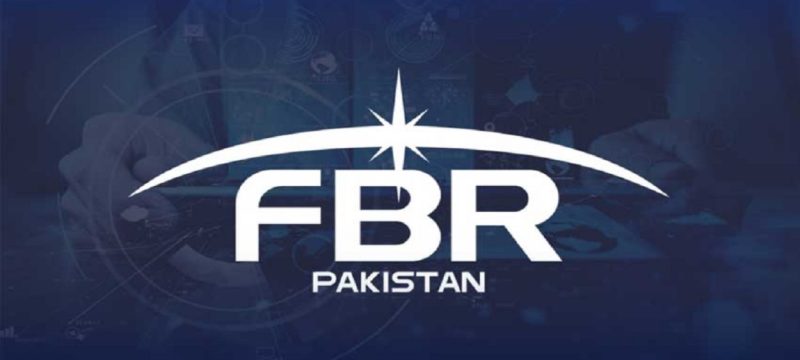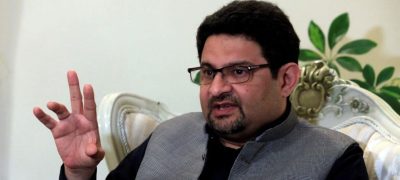Pakistan’s tax chief, Rashid Langrial, assured on Tuesday that 95% of households would not be impacted by the proposed legislation aimed at banning economic transactions of “ineligible” individuals and businesses. The measures are intended to enhance tax collection by an additional Rs5 trillion over the next five years.
Speaking before the Senate Standing Committee on Finance, Langrial, chairman of the Federal Board of Revenue (FBR), highlighted that Pakistan remains a low-income country where 90 to 95% of the population falls outside the tax bracket. The legislation targets improving tax compliance without burdening the majority of households.
Also Read: FBR Revises Rules, Lifts Limits on Bringing Multiple Phones to Pakistan
Finance Minister Muhammad Aurangzeb acknowledged the lack of trust between taxpayers and the FBR, stressing the need to restore credibility. He pointed out that many individuals are willing to pay more but resist entering the tax system due to fears of harassment.
Despite the absence of treasury members, the committee meeting continued, chaired by PPP’s Senator Saleem Mandviwalla, with PTI’s Senators Shibli Faraz and Mohsin Aziz in attendance.
Langrial stated that the new legislation, which includes measures such as freezing bank accounts and confiscating properties of sales tax non-registered persons, would primarily target non-compliant businesses. These steps, he said, would boost the tax-to-GDP ratio from the current 10% to 14% over time.
The government introduced the Tax Laws Amendment Bill 2024 in the National Assembly, proposing a ban on ineligible persons making large purchases, holding bank accounts, or conducting major transactions. Eligible individuals would be allowed to make purchases up to 130% of their declared income in their last tax returns.
Senator Mohsin Aziz raised concerns about the legislation, noting that it could affect 5 to 7 million people. However, the FBR chief emphasized that these enforcement measures are necessary to broaden the tax base and curtail tax evasion.
The government has retained several controversial provisions, such as higher tax rates for non-filers and the categorization of “eligible persons” based on income tax return filings. Critics of the bill, including PTI’s Aziz, expressed concerns that certain clauses, such as the authority given to tax commissioners to determine input tax claims, could lead to corruption and bribery.
The FBR chairman also shared success stories of recent technological interventions aimed at reducing corruption, such as the reduction in requests for additional documents from importers after the introduction of a face-less appraisal system.
Despite efforts through programs like the “Tajir Dost Scheme,” the government has struggled to meet its tax collection targets. The committee members voiced concerns that the new bill, while aiming for greater compliance, might open avenues for further exploitation, especially through the proposed hiring of private auditors.
Law Secretary Raja Naeem confirmed that the bill qualifies as a Money Bill, restricting the Senate’s role to offering recommendations without the authority to veto.
The legislation aims to enhance compliance and secure due taxes from both consumption and income, though it remains to be seen how effectively it can address the challenges of tax evasion in Pakistan.









